Road closure threat as mining company charges Sudan activists and refuses to obey agreement
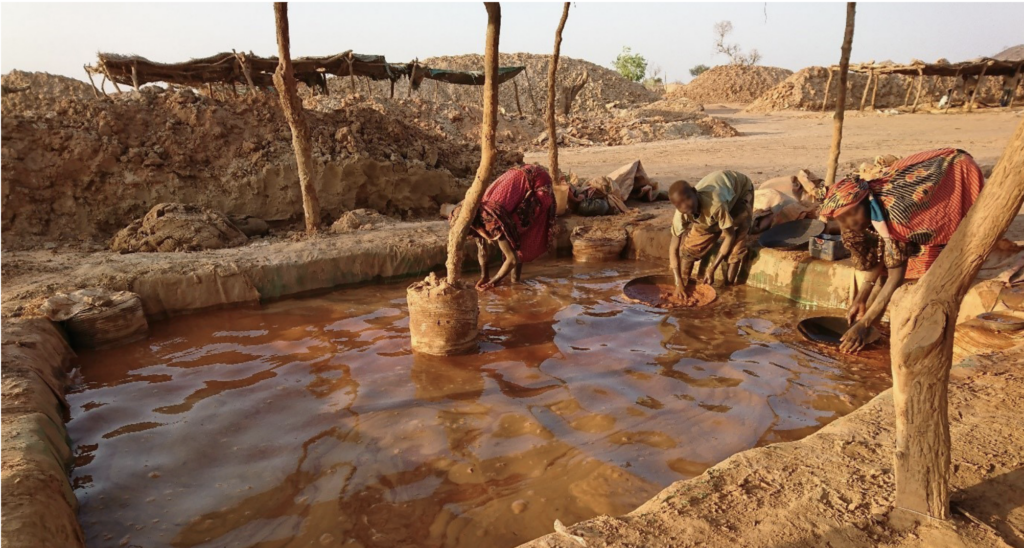
Women washing gold in Belguwa market in in Sudan's Blue Nile state (file photo: Rift Valley Institute)
DELGO – February 24, 2023
The Delgo Mining Company is pressing charges against five protesters in Sudan’s Northern State for ‘causing the suspension of a gold mining plant’, which uses the highly toxic cyanide. In response, activists from Abu Sara in Delgo accused the company of not complying with the agreement signed between the local community, the local authorities, and the company itself, which stipulates that the plant should be relocated to a ‘safe distance’.
The sit-in by residents of Abu Sara continued for the sixth week yesterday and they threaten to close the Sheryan El Shimal (Northern Artery) highway that connects Egypt with Khartoum, if the Delgo Mining Company does not comply with the agreement to relocate the mining plant.
Hatem Hasan, a fisherman and participant in the sit-in in Abu Sari, told Radio Dabanga that the security department of the Qatari- and Turkish-owned Delgo Mining Company pressed charges against five people for causing the plant to shut down temporarily. The company demands substantial financial compensation.
He said that local residents, at the same time, reported to the Delgo Police Department that the company is failing to comply with a previous agreement that stipulates the relocation of mining waste treatment basins and cyanide storage to ‘safe legal dimension’, likely away from villages and important environmental sites or agriculture.
Hatem explained that the company has not implemented the agreement, despite 60 days having passed since the agreed deadline in December 2022. The agreement was signed by the company with the Ministry of Energy and Mining and the local community.
Delgo Mining Company reportedly announced that the Sudanese Mineral Resources Company issued a decision to cancel the agreement. This decision, however, is rejected by the residents of the region who explain that a decision by the Mineral Resources Company cannot cancel a decision by the Ministry of Energy, Oil and Mining.
The local community stressed their adherence to their request to relocate the plant and to defend any protesters handed over to the police.
Plants that treat gold mining waste (called karta in Sudan), often through using cyanide in open basins, are not only unwelcome in Sudan’s Northern State. Red Sea state has recently seen an increase of protests against such a plant operated by the Sudanese Army.
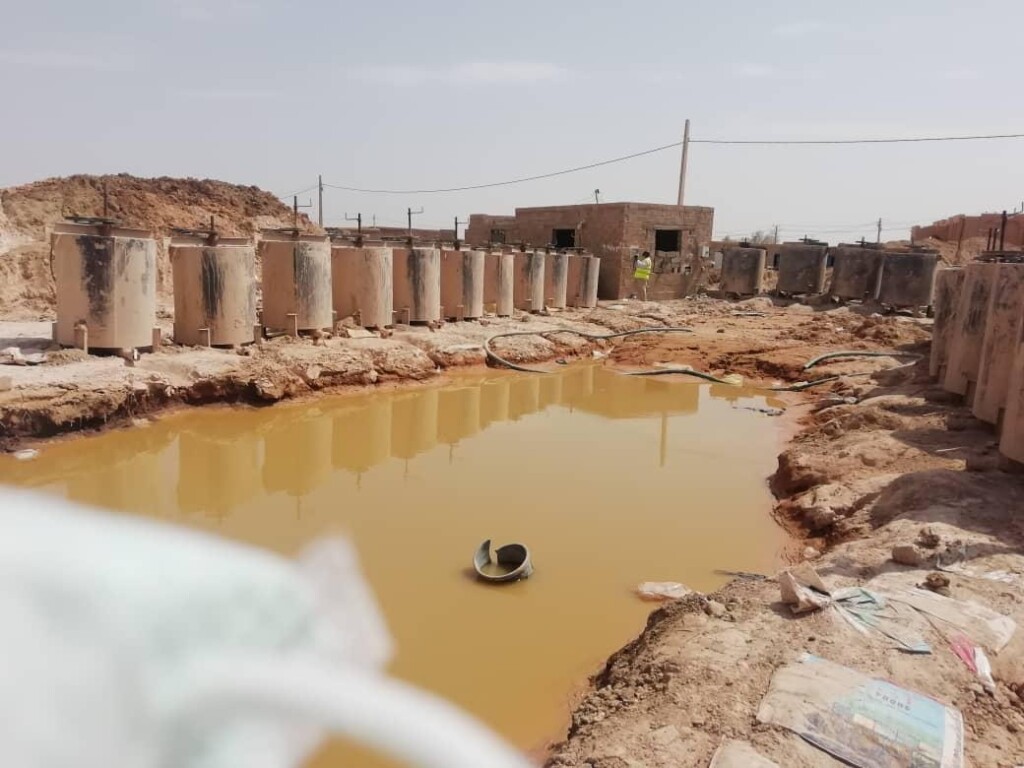
Sudan has been witnessing various protests against the behaviour of gold mining companies, especially against the environmental and health risks posed by the use of highly toxic chemicals such as cyanide and mercury. Protests are also taking place in Red Sea State, Kordofan, and Darfur.
Environmental and health risks
Environmentalists have been warning of the health and environmental hazards of using toxic mercury and cyanide to extract gold from ore for years. Five years ago, a Sudanese environmental protection expert already warned that the pollution caused by the use of cyanide and mercury in gold mining “constitutes the largest and most dangerous threat to the country’s environment”.
A recent report on mercury poisoning in Sudan points out that “years of indiscriminate use of dangerous chemicals such as mercury, cyanide, and thiourea without protective measures for miners or local populations has exposed millions of citizens across Sudan to lethal risks”.
Throughout the years, there have been plenty of reports of livestock, birds, and fish dying and medical issues amongst humans, such as miscarriages and kidney failure, as a result of environmental pollution caused by gold mining activities.
In 2018, Northern State education authorities had to close the Sawarda school complex after students suffered from coughing, vomiting, and shortness of breath. The situation was attributed to activities of the International Company for Mining, which spread mining waste and dust in the area.







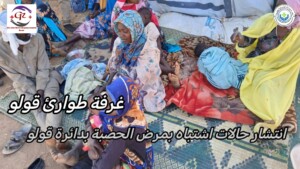
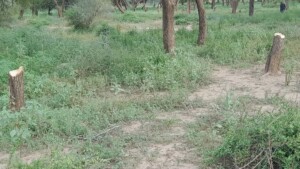
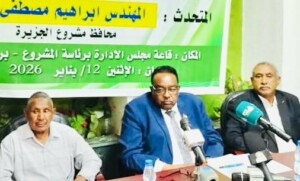

 and then
and then